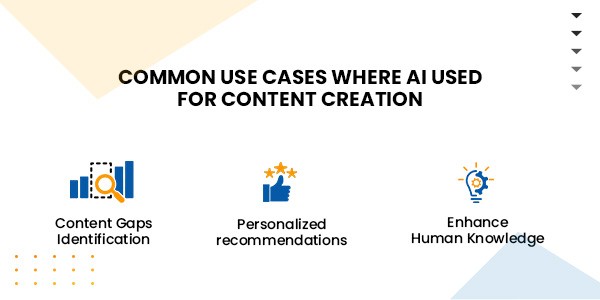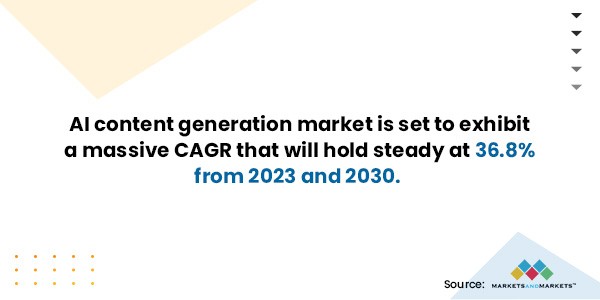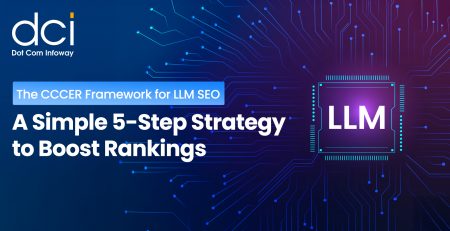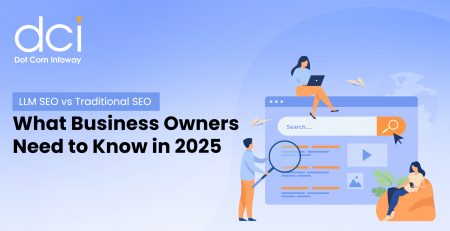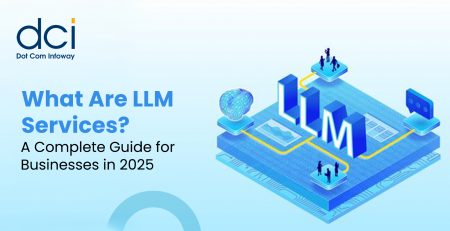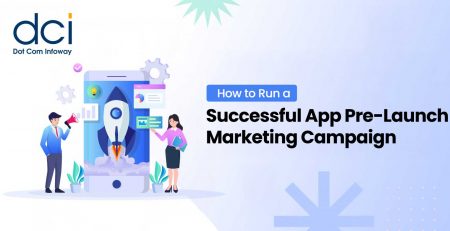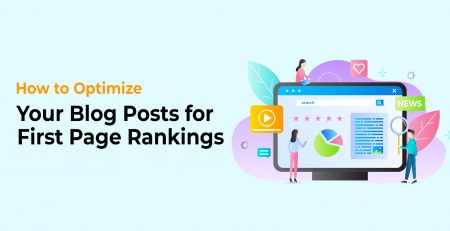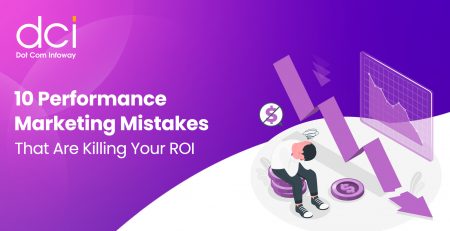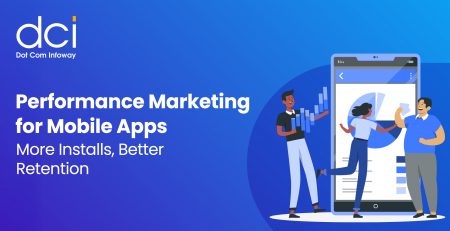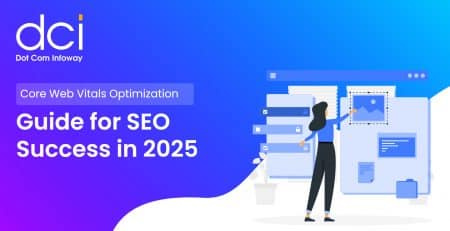Transform Your Digital Marketing Approach: Key to Rank High Using AI Content
Artificial intelligence has always been involved in content marketing for far more than most people realize. From basic website builders like WordPress to keyword research tools like Ahrefs, AI has always taken on a silent assistive role in the content creation process. However, it has become more public in recent years, even taking the lead role in content generation, thanks to AI content generators such as ChatGPT, Jasper AI, and Gemini. In this post, we’ll look at how artificial intelligence is changing the way websites create content, as well as the role of human creativity in this new world.
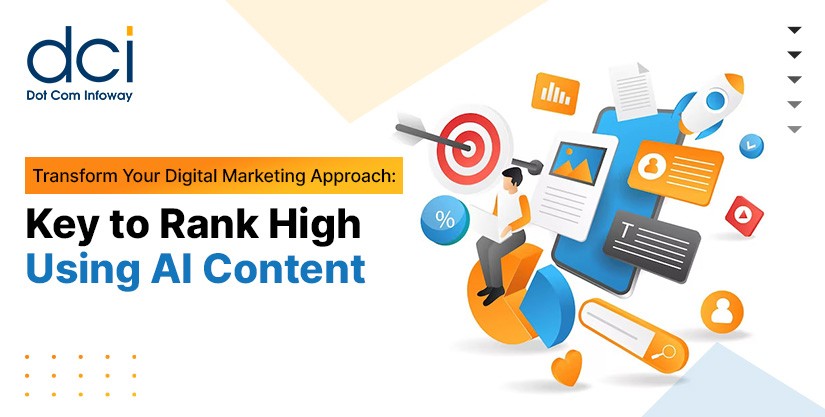
The place of AI in the modern web content era
AI wears many hats today when it comes to content creation, one of the most important being keyword research and optimization technologies. Many keyword research tools leverage AI to help you understand important details such as:
- Keyword difficulties
- Search volume
- Keyword traffic and so
Essentially, AI is helping content marketers to identify keywords that are likely to rank higher on Google, which can help to inform content ideas going forward.
But that’s not all. AI is even going a step further and to fill in the role of content developers. With AI SEO content generators such as Gemini, and ChatGPT, for example, you can prompt it to create content based on a particular topic and keywords, and it will handle this for you.
Beyond keywords, AI tools can also help us to understand how users interact with our content. For example, they can detect which pages get the most traffic, and reveal heat maps about users’ behaviors across different articles. These analytics can help marketers understand their audience better to create content that’s more engaging and relevant to them.
Personalization is a reality built on the foundations of AI
Personalization is a big deal if any brand is to stand out in today’s highly competitive content creation statistics. In fact, a McKinsey report finds that 76% of consumers get frustrated with brands that don’t deliver personalized interactions.
In step AI, which helps content marketers to give their audiences what they crave. AI models such as Chatspot (Hubspot) integrate with your CRM to get data about your business’s customers. From this information, these intelligent systems can then draft personal emails, product suggestions, and content recommendations that are most likely to resonate deeply with a particular user. So besides creating content using AI, you can then use this technology for more targeted content marketing which can help you realize the following benefits:
- Increased email open rates and click-throughs
- Faster and easier conversion processes
- Higher-quality lead generation
How you can tailor AI to pass the EEAT
According to Google itself, provided your content holds up to the highest quality standards, then it doesn’t really matter how you produce it. However, the key thing here is that the content you create, be it using AI or via other means, should adhere to EEAT standards. EEAT simply breaks down as follows:
- E – Experience
- E – Expertise
- A – Authoritativeness
- T – Trustworthiness
Overall, this guideline simply refers to a way of presenting information that makes it sound authoritative and comes from first-hand and practical experiences with the information. With this often reinforced by links to an author page, it’s clear that you need to reinforce AI with human finesse.
How to use AI for strategic content creation
While AI can craft content from scratch in seconds, this content is far from the real deal. It can feel impersonal, weird, and quite frankly out of place. That’s why it takes quite a bit of polish to turn this diamond in the rough into the complete deal.
On that note, here are a few strategies that become critical if you’re going to create content using AI and still to want rank higher on Google and other search engines:
- Use AI for brainstorming – Use AI tools to identify content gaps that you might have missed in your website and generate content ideas that you can build upon.
- Augment AI with human expertise – At the end of the day, you’re writing for a human audience, and try as it may, AI can’t fully grasp the complexity of human emotion and psychology. Consequently, your content strategy in digital marketing should feature human experts who truly understand the nuances of human communication.
- Leverage AI for personalized recommendations: These days, you can use AI tools to curate content from your website and send personalized content suggestions to users via email depending on their buying history or how they interact with your website.
Whatever you do, don’t hand AI the complete reigns. It still needs extensive finesse otherwise AI content creators may generate low-quality, spammy material that may attract ranking penalties.
Content originality – How to hack it with AI
While AI can’t create new content, it can borrow a leaf from human authors by learning our writing patterns, mannerisms, and slight subtilities that often make human-written content what it is.
In that regard, AI has become really great at mimicking human intelligence, which is why Google Search doesn’t necessarily blanket bank AI content from search. However, Google does have an issue with poor-quality content, no matter whether it is human or AI-generated.
So what does the EEAT say about content quality? For a better understanding, it’s important to think about the stipulations that the search engine giant lays out as far as content quality in the EEAT is concerned:
- Great content should offer original analysis, research, and information.
- It should also provide information that’s beyond the obvious.
- It may also require first-hand expertise and accounts
If you generate AI content that meets the EEAT guidelines, then you should have nothing to worry about. This is why it’s important to augment the content creation processes so that you can ensure AI-generated content is up to scratch.
Ultimately, Google says that it defines quality content as that which is not meant primarily for search ranking purposes but to provide helpful information that solves people’s needs. So long as your AI content does this, then you should be fine.
The breakthroughs of AI in content marketing
In certain instances, AI can rely on delivering your website content, and here are a few common use cases for AI content:
- About Us pages – AI can analyze your business’s data and help you to adequately capture your brand in a way that increases brand recognition and awareness.
Home page – some AI tools are specifically designed to create appealing home pages with strategic CTAs, headlines, and visual elements that can help your products and services stand out. - Service pages – Machine learning algorithms can once again save the day here, helping you to generate customer testimonials and product summaries that perfectly highlight your features and benefits.
- Social Media pages – what’s more, you can leverage intelligent social media content creation tools to build your social engagement on autopilot.
That being said, how many people have used AI SEO content generators and found success? Well, here are a few real-life success stories that prove that AI can make a difference:
- Local Artisan Coffee Shop in Ohio – Struggling to create engaging blog content, the owners were able to increase organic traffic by 150% when they turned to Genmaster.ai.
- Fashion Retailer in Wyoming – This business was having a hard time creating unique product descriptions due to its massive inventory. When they leveraged AI, they were able to create captivating copy, each unique to a particular product. The result was a 30% increase in conversion rates.
- Travel Influencer in Florida – This travel influencer was burning the candle at both ends to create content for all social media channels. With AI generators, they were able to create interactive visual content that helped to increase followers by 50% and engagement rates by 200%.

Keen on boosting your website traffic with the help of AI
Increase your website’s traffic from local to global. Connect with our experienced consultants for insights that will help you reclaim your business goals!
What the Future holds for AI in Web Content Creation
Although AI has recently exploded in recent months, it wasn’t always that way. AI tools have been around for a while, but they haven’t always been accurate. Machine learning models have gotten smarter as they process more data, and have gotten better and better at replicating human intelligence.
We expect this trend to go, with machine learning algorithms typically getting better the more they perform a task. For now, they will continue learning to help us create even more impactful content. In fact, AI demonstrates huge potential, with the AI content generation market is set to exhibit a massive CAGR that will hold steady at 36.8% from 2023 and 2030.
That said, Human intervention remains critical due to the shortcomings of AI, some of which notably include:
- Information Regurgitation – AI in essence can’t create. It only curates and regurgitates content from existing information and can’t generate new ideas.
- Risk of Plagiarism – There’s also a huge risk of plagiarism due to AI’s lack of creativity, which can certainly harm your SEO efforts.
- Poor Contextual Understanding – AI tools can easily misinterpret or misunderstand content and its context.
For these reasons, it’s important that AI content systems be backed up by crucial human-led processes.
What the March 2024 Core Update – What it means for AI content
Google has just announced that it’s cracking the whip on low-quality content, which it classifies as unoriginal content that provides very little value to the user. This is generally content that the search engine would call “spammy” or just cannon fodder for ranking purposes but doesn’t practically help the user.
Furthermore, the policy aims at introducing new spam policies which it says are meant to target grossly overscaled content and site reputation abuse strategies. So the alarm bells are sounding for low-quality content, with Google reinforcing its mission to dislodge unoriginal content from search results pages by at least 40%.
Further, the move is also aimed at publishers who use reputed third-party websites to post unoriginal and spammy content so that they may gain ranking benefits by associating with a higher-quality, authoritative site, despite providing low-value content.
Additionally, Google is also set to crack the whip on those who take advantage of expired domains to buy them and unscrupulously benefit from the success of the older, trusted site. All these changes are already in effect and Google urges site owners to adapt accordingly lest they suffer severe ranking penalties.
In a nutshell, this core update will see Google add new changes to search results, with the primary motivation being to sideline content that is purely written for SEO purposes. So as long as you use AI to generate content that actually helps users, you should have nothing to worry about no matter how you produce your content.
Conclusion
AI is a valuable tool for content creation. It enables us to understand what makes our audience tick and is a big hand in helping to unearth important keywords and personalize content for users. Despite its advancements, AI still has a long way to go and requires a human touch to make information more approachable, personal, and relevant to a user. That’s where a content creation marketing agency can be a big help. By augmenting artificial intelligence with human creativity, you can be able to get the best of both worlds to create content that users – and search engines – will cherish.

